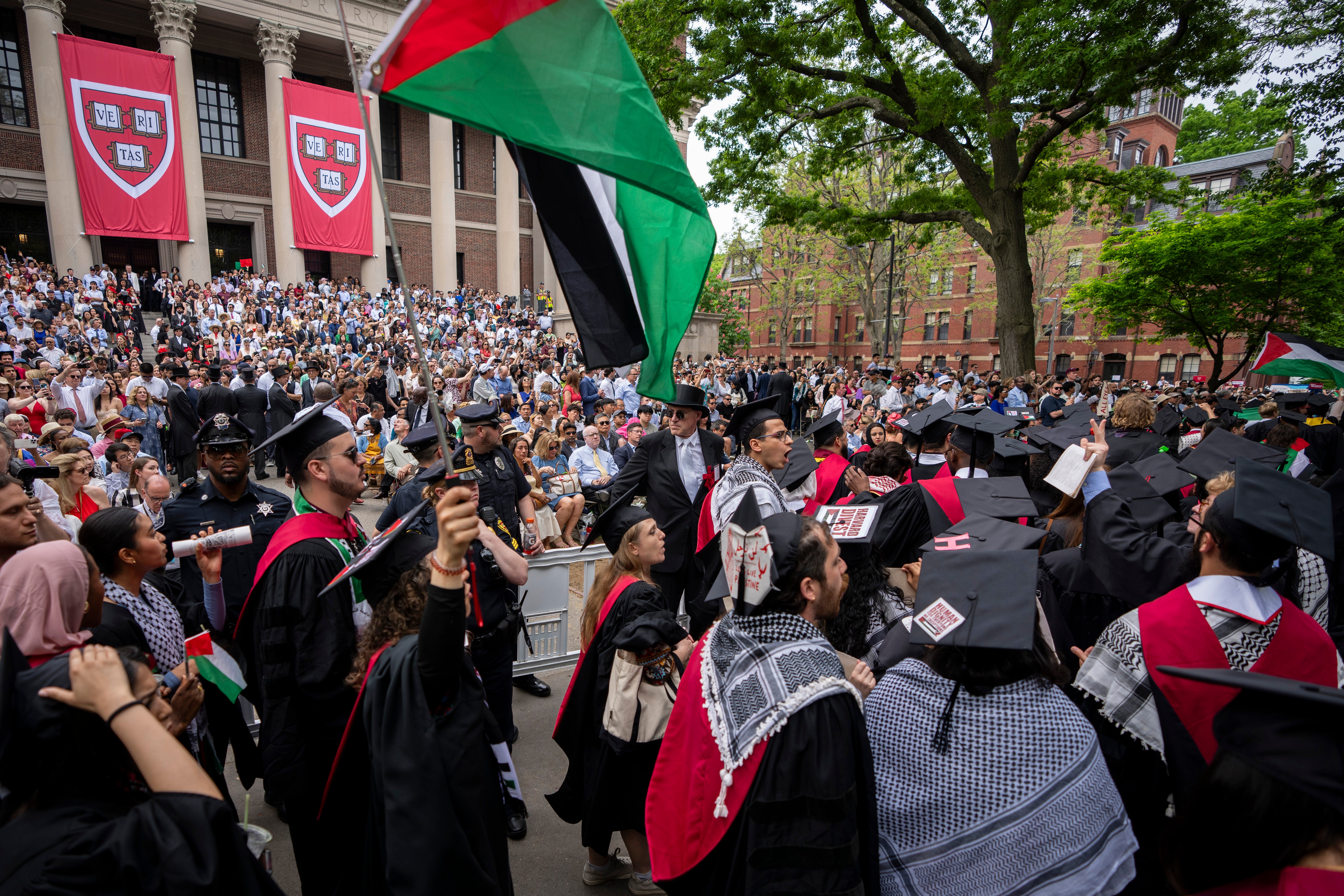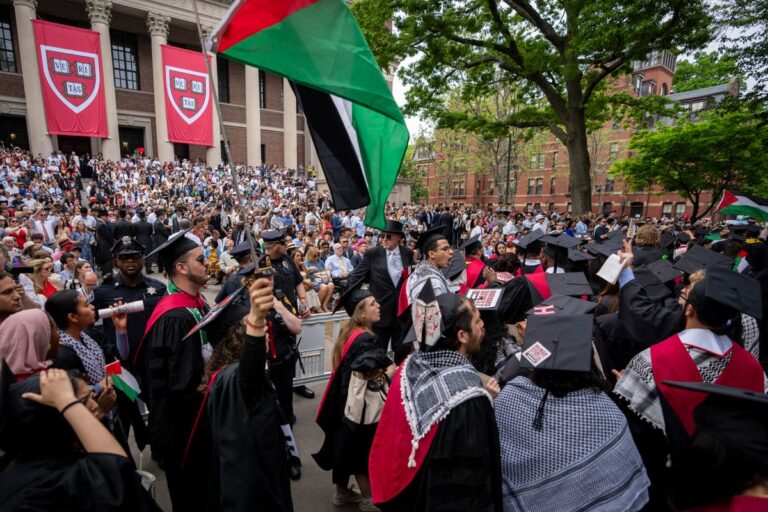Harvard University announced on Tuesday that its leadership will no longer speak publicly on controversial issues, months after its president resigned following backlash over comments about the Israel-Hamas war.
The faculty-led “Institutional Voice” working group decided that leaders would “not make public statements on public matters that do not directly affect the core functions of the University.”
The university’s president, Alan M. Gerber, accepted the recommendation, which was also supported by the Harvard University Corporation, the university’s governing body. Harvard Crimson Reported. This policy applies to administrators, board members, deans, department chairs, and faculty senates.

“There may be subtle cases in which reasonable people differ as to whether an issue directly relates to the core functions of the University,” the working group said. “In such circumstances, University policy should lean toward avoiding public statements.”
Harvard University President Claudine Gay resigned in January following a statement about the October 7 Hamas attacks on Israel. In a statement signed by Gay and 17 other Harvard faculty members, the presidents said they were “heartbroken by the death and destruction” caused by the Hamas attacks. Some criticized the presidents for not doing enough to condemn the Hamas attacks and anti-Semitism.
The university hopes to avoid similar situations with its new guidelines, according to the student newspaper. Garber, the university’s new president, has also founded a group to combat anti-Semitic, anti-Arab and anti-Muslim bigotry.
Going forward, universities should make it clear that leaders who choose to speak out on current affairs are not speaking on behalf of the university, the working group said, over concerns that polarizing opinions could alienate campus communities.
“Few world situations can be considered completely separate from opposing views, so making official statements of sympathy risks alienating some members of the community by expressing implicit solidarity with others,” the group said.
Harvard officials were informed of the change in an email from Garber, which was also signed by 17 other senior administrators on Tuesday.
The administration did not address the divestment and investment decisions, according to the Harvard Crimson.
Students across the country, including at Harvard, have protested in recent months by setting up encampments on campuses, demanding that their universities divest from companies that supply to the Israeli military in light of the war.
Hundreds of students were arrested after clashes with Israeli students during pro-Palestinian protests in October, including two Harvard graduate students who are facing assault and battery charges.


